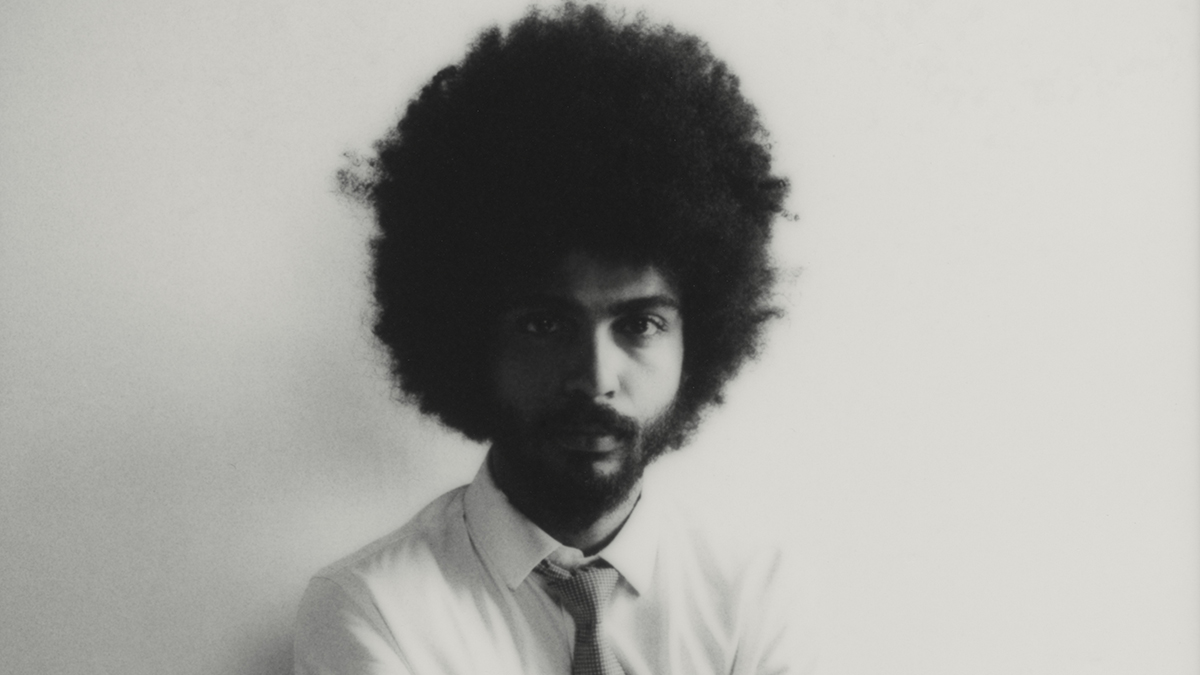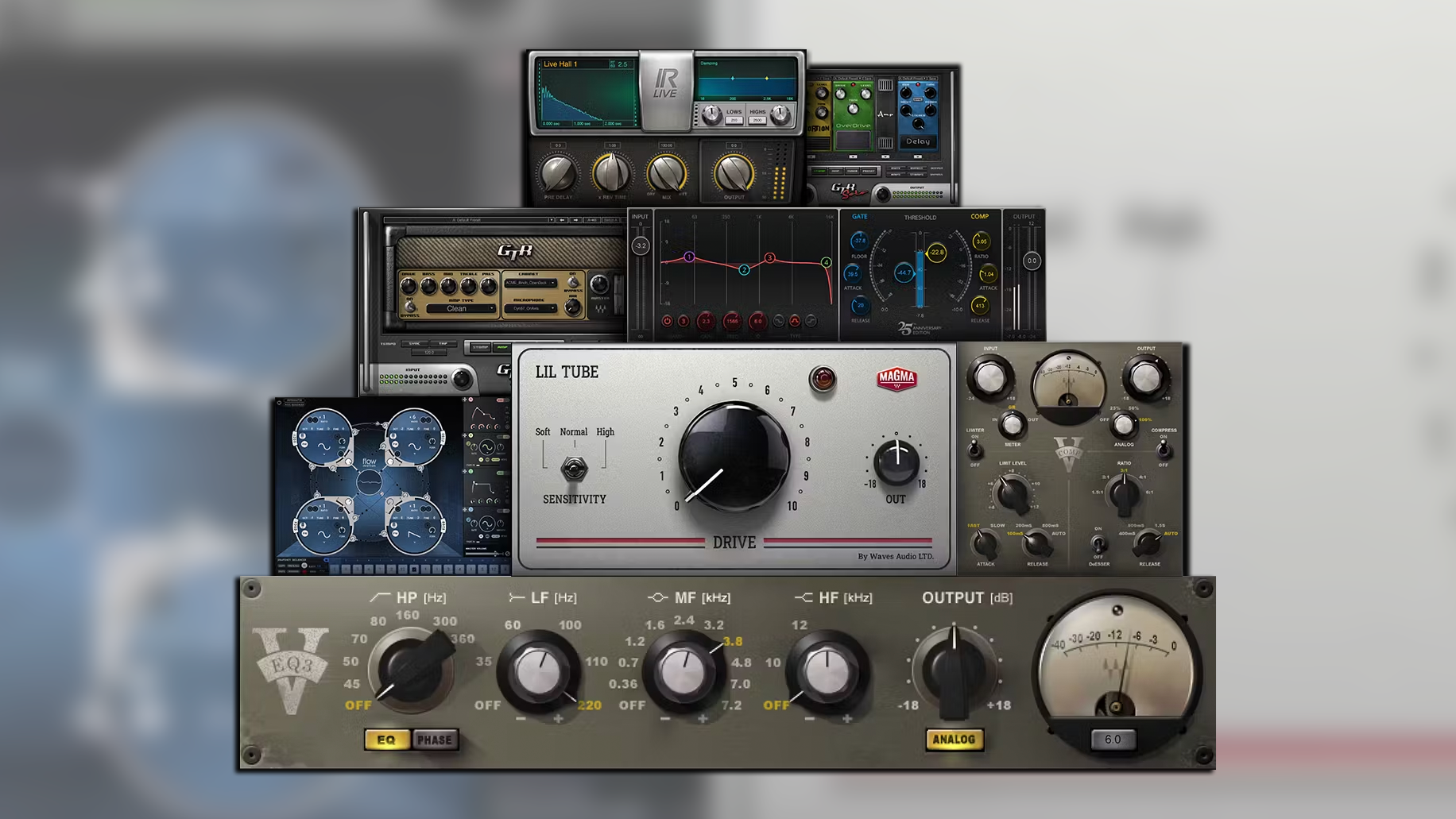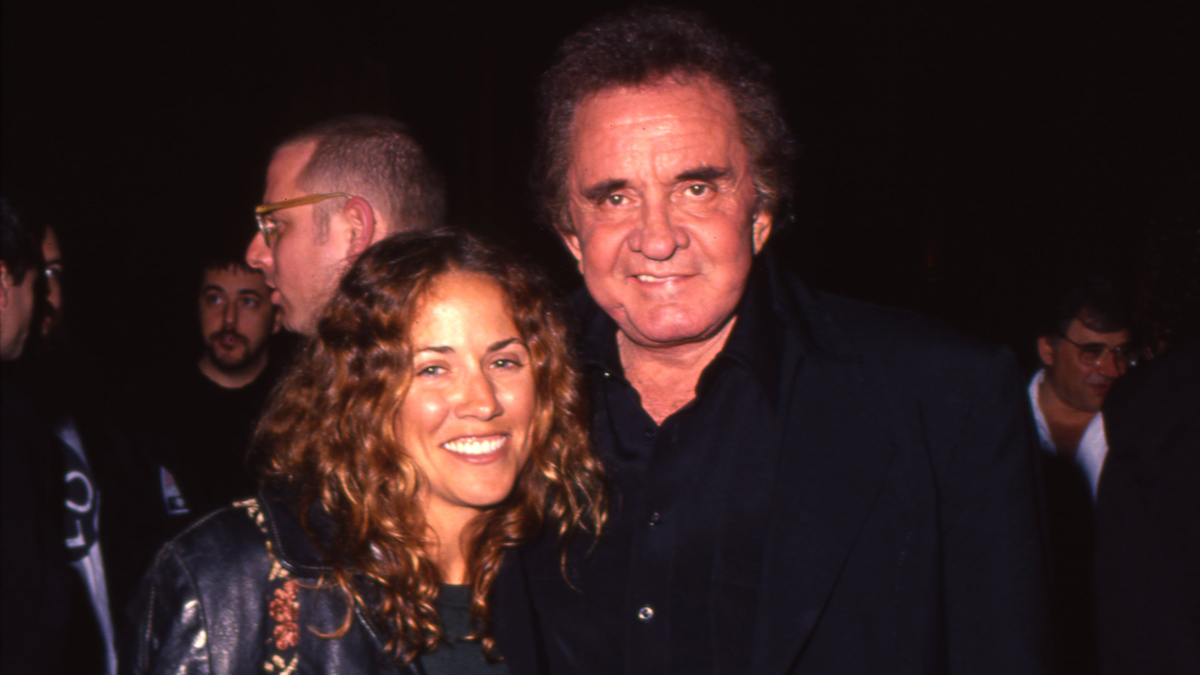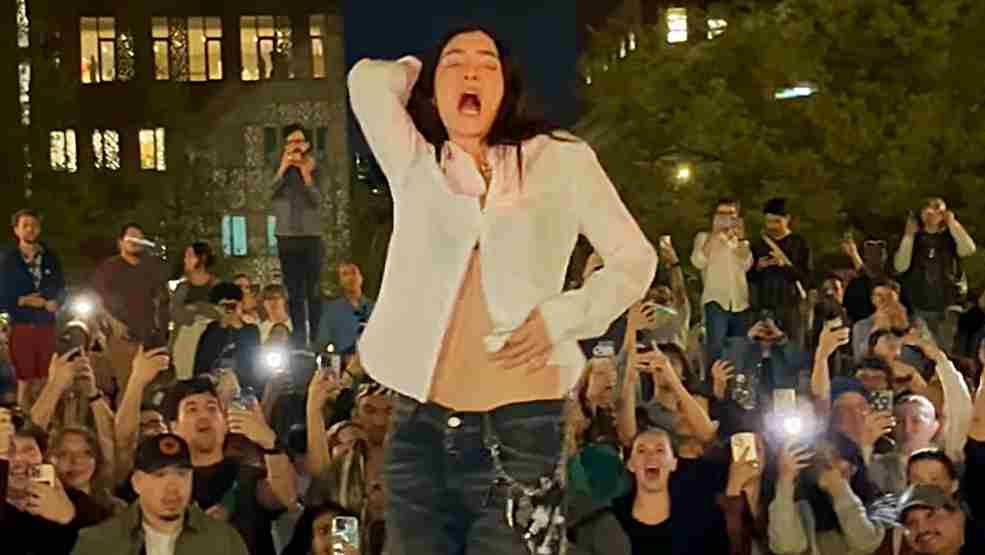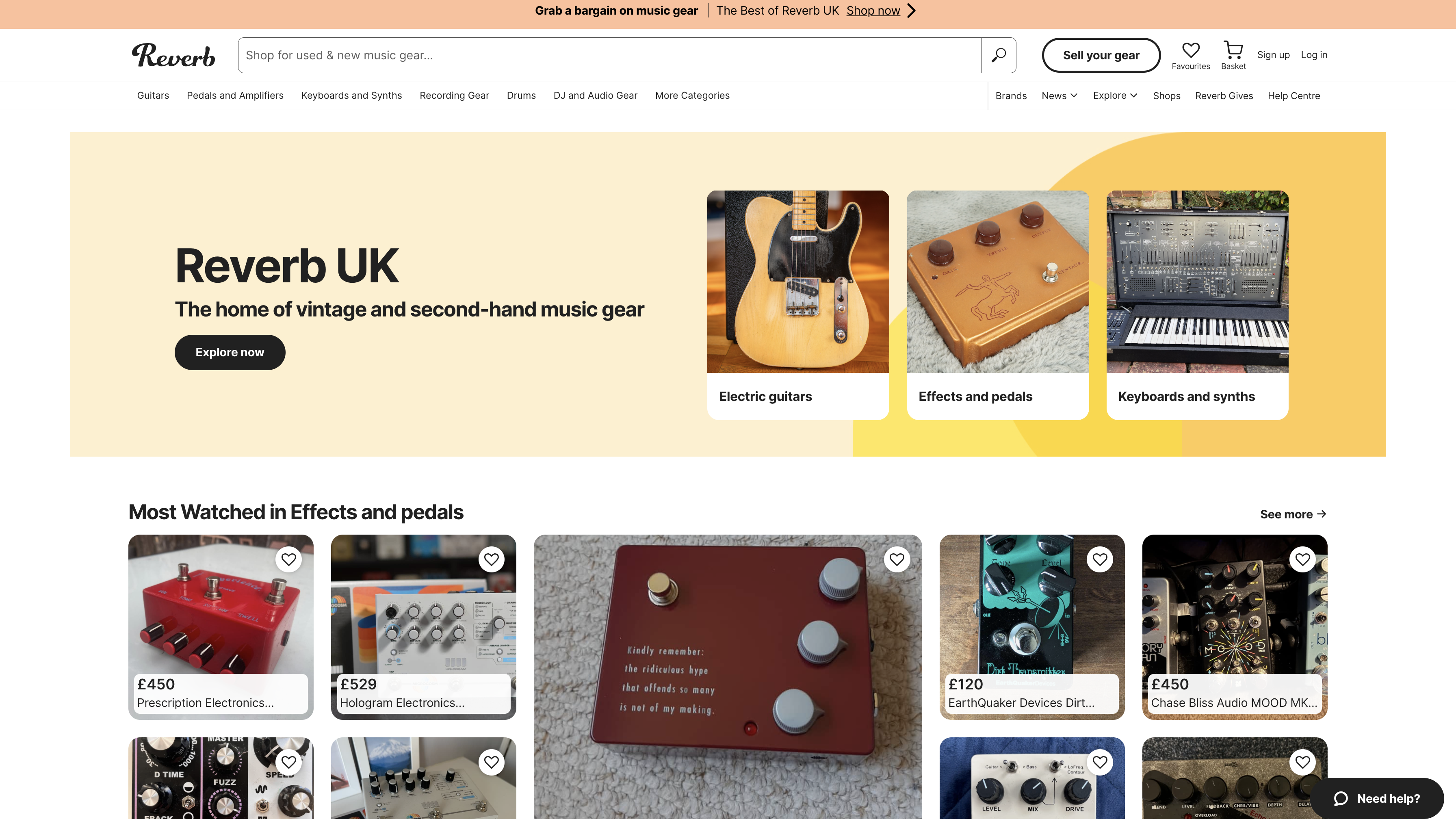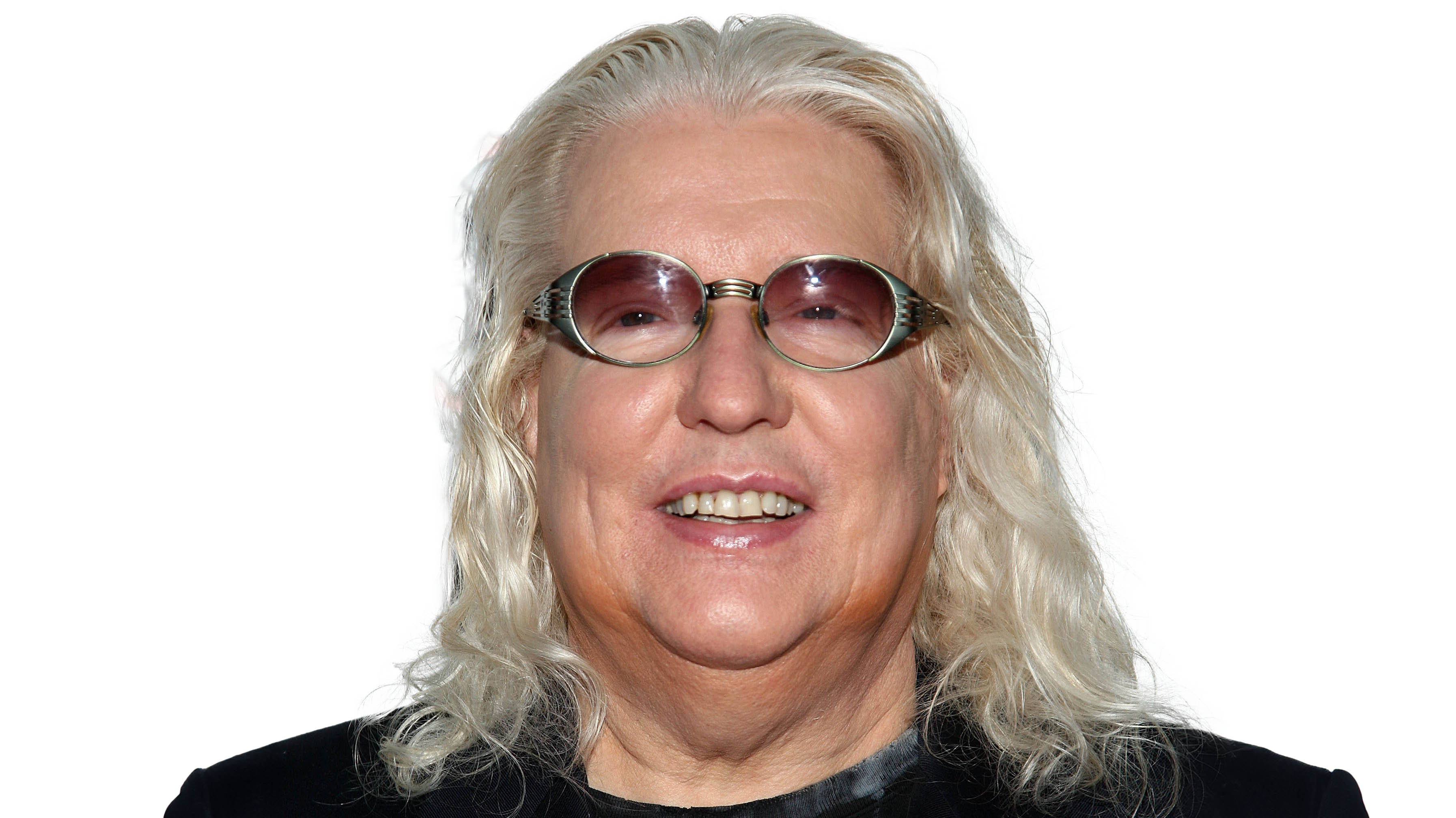Giles Martin says that he could only remix The Beatles’ Revolver album in stereo because of Peter Jackson’s AI-powered audio separation technology: “It opened the door”
Special Edition CD and vinyl box sets will be available here, there and everywhere on 28 October
Originally developed for the Get Back documentary series, and later used by Paul McCartney so that he could ‘duet’ with John Lennon at the Glastonbury Festival, Peter Jackson’s AI-powered audio separation technology has now been called upon by producer Giles Martin for his new stereo mix of The Beatles’ Revolver album.
Martin had already remixed Sgt. Pepper's Lonely Hearts Club Band, the White Album, Abbey Road and Let It Be, but thought that, due to the fact that The Beatles only had access to 4-track recorders when they created Revolver in 1966, that album and others, such as Rubber Soul, were off the table, because multiple instruments (guitars, bass, drums, etc) were bounced onto a single track.
However, the game changed when Jackson’s WingNut Films Productions got involved, and Martin got talking to the company’s Machine Learning Engineer Emile de la Rey.
“He developed this system and it got to the stage when it became remarkable,” Martin told Mark Ellen at Word In Your Ear, “and at the end of Get Back I said to Emile ‘I’ve got this Revolver album - do you want to have a go at doing it?’
“I sent him Taxman, and he literally sent me guitar, bass and drums separately - you can even hear the squeak of Ringo’s foot pedal on his kick drum. It’s alchemy… and we honed it and we worked together on it, and it ended up being the situation where I could have more than just the four tracks to work with, and that’s why we could do the stereo mix of Revolver. It opened the door.
Martin gives the analogy of a cake being ‘unbaked’ and separated into its original ingredients - flour, eggs, sugar, etc - which enabled him to take Revolver’s songs and put them back together in a different way.
Speaking to Variety about the Get Back documentary in 2021, Peter Jackson said. “To me the sound restoration is the most exciting thing. We made some huge breakthroughs in audio.”
Get the MusicRadar Newsletter
Want all the hottest music and gear news, reviews, deals, features and more, direct to your inbox? Sign up here.
Explaining further, he added: “We developed a machine learning system that we taught what a guitar sounds like, what a bass sounds like, what a voice sounds like. In fact we taught the computer what John sounds like and what Paul sounds like.
“So we can take these mono tracks and split up all the instruments - we can just hear the vocals, the guitars. You see Ringo thumping the drums in the background but you don’t hear the drums at all. That allows us to remix it really cleanly.”
Paul McCartney, meanwhile, brought the technology to a festival audience when he performed I’ve Got A Feeling - a track from 1970 album Let It Be that was recorded during the iconic 1969 rooftop gig - with a ‘virtual’ John Lennon during his Glastonbury set earlier this year.
One band that are unlikely to be get the remix treatment, however, are The Wombles, with creator Mike Batt recently revealing: “I’ve destroyed many of the original multitrack tapes for The Wombles and my solo albums so people can’t fuck around with them after I’m gone
“I mixed them as I wanted them, not how some corporation or great-grandchild might like to remix them when I’m not around.”
The new special editions of Revolver will be released on 28 October on CD and vinyl. New Dolby Atmos mixes will be available digitally.
Find out more on The Beatles’ website.



I’m the Deputy Editor of MusicRadar, having worked on the site since its launch in 2007. I previously spent eight years working on our sister magazine, Computer Music. I’ve been playing the piano, gigging in bands and failing to finish tracks at home for more than 30 years, 24 of which I’ve also spent writing about music and the ever-changing technology used to make it.
"At first the tension was unbelievable. Johnny was really cold, Dee Dee was OK but Joey was a sweetheart": The story of the Ramones' recording of Baby I Love You
"Reggae is more freeform than the blues. But more important, reggae is for everyone": Bob Marley and the Wailers' Catch a Fire, track-by-track
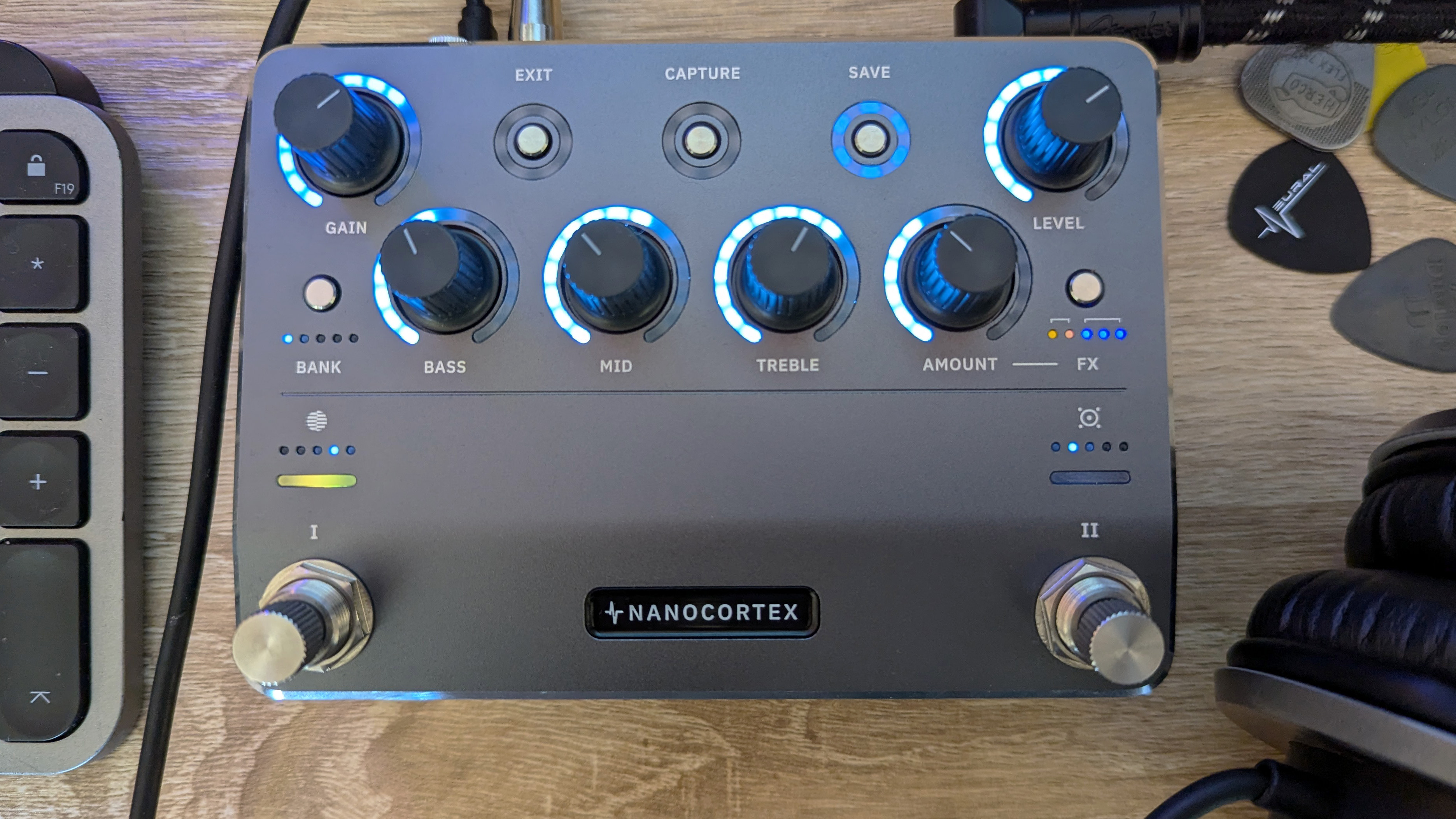
![Gretsch Limited Edition Paisley Penguin [left] and Honey Dipper Resonator: the Penguin dresses the famous singlecut in gold sparkle with a Paisley Pattern graphic, while the 99 per cent aluminium Honey Dipper makes a welcome return to the lineup.](https://cdn.mos.cms.futurecdn.net/BgZycMYFMAgTErT4DdsgbG.jpg)

